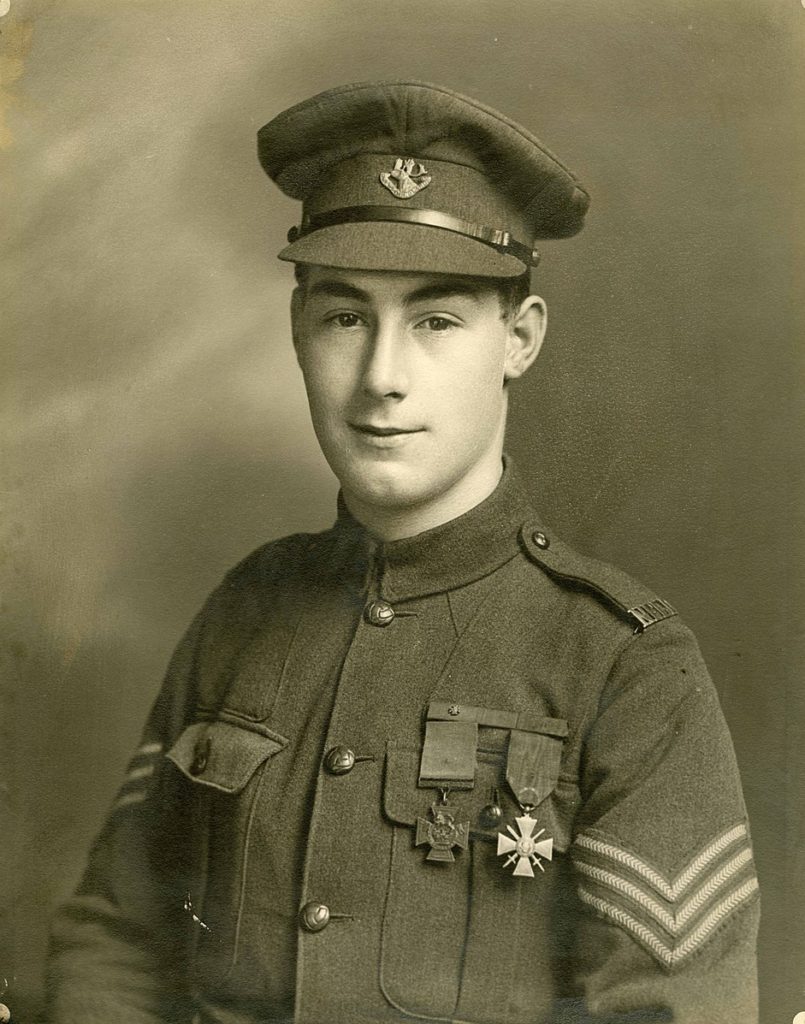Thursday October 31st, 1918
Practice all day.
Morale
Lt Col Morrell, commander of the 9th Manchesters, reports that the morale of the men is excellent. This is unsurprising. After years of stalemate and slaughter, followed by the scares of the Spring Offensive, the Allies are making sustained and visible progress.
As recalled by General Jack in late September during the Last Battle of Ypres: ‘The day’s success has been astonishing; an advance of over five miles (more than in four months’ bloody fighting last year)’.º
This didn’t mean that it wasn’t still hard going. Just over a week later, General Herbert Plumer, nicknamed Plum, commander of the Second Army, asks Jack how his Brigade is:
‘[Plum] seemed astonished to be told that they are pretty tired, but will be fit to attack again with a few days’ rest. After all, when he put the question, the Brigade had been out of the line for little over 24 hours, following eight days of more or less severe fighting, outposts, marching, hard work in bad weather, without shelter, without sufficent rest, and sometimes short of food. Plum is most human, but it is the old story: those who live right away from the troops engaged cannot possibly understand the strain and weariness affecting fighting troops at the front.’
A postscript to this entry reads, ‘The Brigade is returning to the Front tonight.‘¹
The Victoria Cross
It was during this return to the Front that Private Thomas Ricketts was awarded the Victoria Cros for his actions on October 14th. He was a soldier in the the Royal Newfoundland Regiment, part of General Jack’s 28th Infantry Brigade. He was 17 years old.

His citation read:
‘During the advance from Ledeghem (Belgium) the attack was temporarily held up by heavy hostile fire, and the platoon to which he belonged suffered severe casualties from the fire of a battery at point blank range. Private Ricketts at once volunteered to go forward with his Section Commander and a Lewis gun to attempt to outflank the battery. They advanced by short rushes while subject to severe fire from enemy machine guns.
When 300 yards away, their ammunition gave out. The enemy, seeing an opportunity to get their field guns away, began to bring up their gun teams. Private Ricketts at once realized the situation. He doubled back 100 yards, procured some ammunition and dashed back to the Lewis gun, and by very accurate fire drove the enemy and their gun teams into a farm. His platoon then advanced without casualties, and captured four field guns, four machine guns and eight prisoners. A fifth field gun was subsequently intercepted by fire and captured. By his presence of mind in anticipating the enemy intention and his utter disregard for personal safety, Private Ricketts secured the further supplies of ammunition which directly resulted in these important captures and undoubtedly saved many lives.‘²
German Morale
Reports of the morale and fighting spirit of the Germans at this stage in the war are mixed. As Jack noted on October 14th, ‘Some bodies of the enemy fought very well; others did not. They belong to a beaten army and, worse, they know it.‘
This however, didn’t stop the German Army putting up significant and sustained resistance on all fronts as the war continued. This is manifest in the fate of Jack’s own Brigade. Comprising 80 officers and 1620 other ranks at the beginning of October, it will have lost, as casualties, two thirds of its complement by the end of the month.
9th Battalion War Diary – 31st October 1918 – Elincourt
Divisional Scheme Battalion carried out attack on same distance frontage and scheme which is likely to take place in the future.
The health of the Battalion is very good and the morale of the men excellent. The effective strength of the Battalion is 29 officers and 838 OR.
JFB Morrell, Lt Col, Commanding 9th Bn, The Manchester Regiment
References & Further Reading
º ‘General Jack’s Diary’, ibid, page 274
¹ ‘General Jack’s Diary’, ibid, page 280
² 31108, London Gazette, January 6, 1919, page 309


